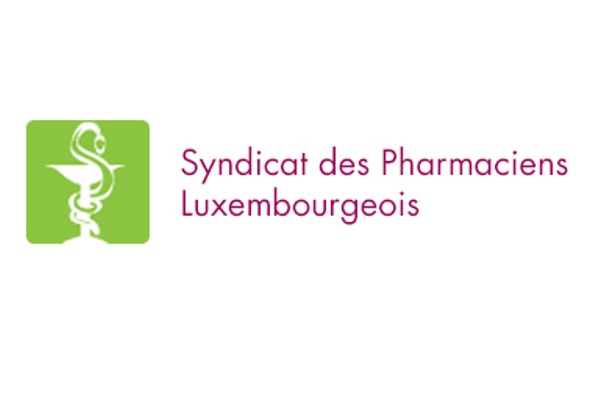
On Thursday 19 January 2023, the Syndicat des Pharmacien Luxembourgeois (SPL), a federation affiliated to the clc, organised a conference on the future of community pharmacy in Luxembourg, which took place at the European Convention Centre in Luxembourg-Kirchberg.
The event attracted members of the SPL, as well as representatives of the government, state institutions and health professions, and Luxembourg's Minister for Health, Paulette Lenert.
The evening began with the presentation of the white paper of the SPL entitled “Pharmacy 2030, a vision for the community pharmacy in Luxembourg” and continued with a speech by the President of the Pharmaceutical Grouping of the European Union (GPUE) on “The contribution of Community Pharmacists to the health system across Europe”, followed by a round table on the future of pharmacy.
Other representatives included first adviser to minister Lenert, Laurent Mertz), Koen Straetmans, President of PGEU, Christian Oberlé, President of the National Health Fund (CNS) and Alain de Bourcy, President of the SPL.
The white paper, a strategic document for the sector, is the result of a comprehensive analysis undertaken by the SPL and its members since 2019, bringing together recommendations for the future of pharmacy over a ten-year perspective.
By 2030, the following 8 strategic axes were defined:
1) Develop pharmaceutical care services with the goal of increasing patient adherence to prescribed treatments, and reducing costs associated with non-compliance and prescription error.
2) Put an end to quotas, stock-outs and unavailability of medicines in Luxembourg.
3) Develop preventive medicine, screening for numerous chronic diseases, as well as vaccination programmes, the pharmacist to be defined as one of the cornerstones of this triad.
4) Promote and develop digitalisation and interdisciplinarity, in order to succeed in the ambulatory shift.
5) Revitalise Luxembourg pharmacies as health centres and centres of expertise in medicine.
6) Redefine in a fair and equitable manner the remuneration structure for the community pharmacist, taking into account the level of training and the time invested, the cost price of the infrastructure and the equipment used. The systematisation of pharmaceutical services will generate potential savings, in particular by reducing hospitalisations due to medical iatrogenics. Part of these savings will be reallocated to the remuneration of community pharmacists in the form of pharmaceutical fees.
7) Reintroduce and develop pharmaceutical science studies at the University of Luxembourg. Synergies with medical studies can be created. Continuing vocational training must become a legal obligation.
8) Actively involve community pharmacists in research projects and pilot projects developed in Luxembourg.








